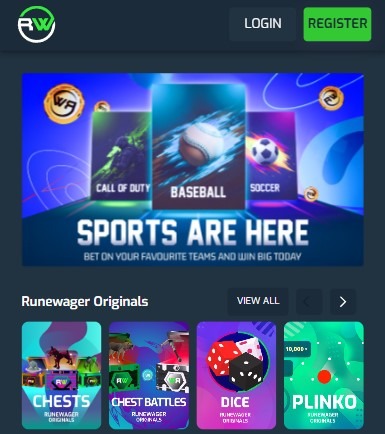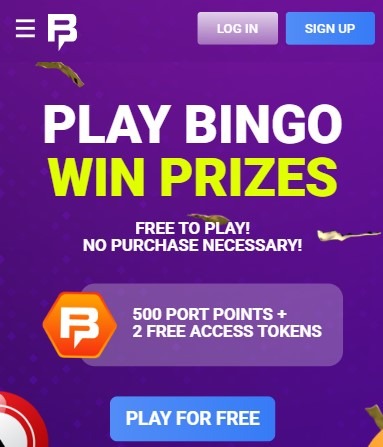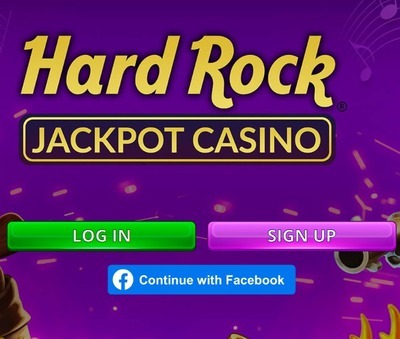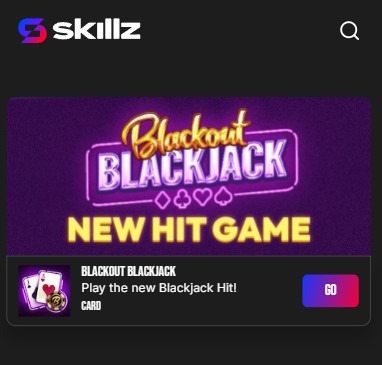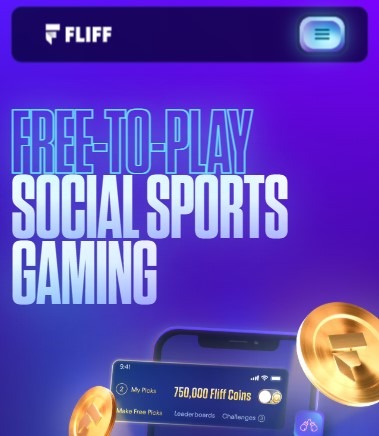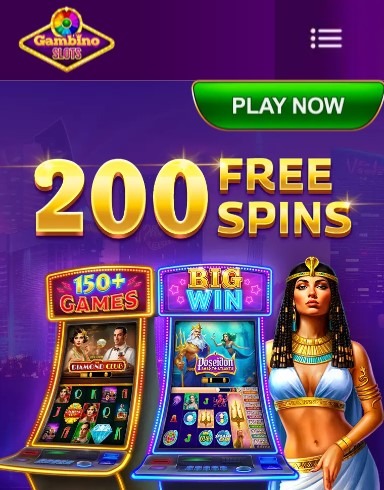Michigan’s online gambling landscape has evolved significantly in recent years, with the state now hosting a robust ecosystem of licensed gaming operators. In October 2024 alone, Michigan’s legal online casinos generated a record $220.7 million in gross revenue, showcasing the state’s appetite for regulated online gaming.
Amid this regulated environment, sweepstakes casinos—platforms that operate using virtual currency systems instead of direct real-money gambling—occupy a complex legal position. While you may have heard that sweepstakes casinos are banned in Michigan, the reality is more nuanced. Several sweepstakes and social casino platforms continue to legally operate in the state, offering Michigan residents alternative ways to enjoy casino-style games online.
This comprehensive guide will help you understand which sweepstakes casinos remain legal in Michigan in 2025, explain the regulatory framework, and provide insights into how these platforms operate within state law. Whether you’re interested in traditional licensed online casinos or exploring legal sweepstakes options, this article will equip you with the knowledge to navigate Michigan’s online gaming landscape safely and legally.
Best Casino Bonuses For April 2025
Best Legal Sweepstakes Casino in Michigan
While many major sweepstakes casinos have exited Michigan, several legally compliant platforms continue to serve Michigan residents. These platforms have structured their operations to align with Michigan’s gaming regulations or fall within specific legal exceptions.
Here are the key sweepstakes and social casino platforms that can legally operate in Michigan:
Runewager
- Offering: 50,000 Fun Cash + 5 Sweeps Cash
- Key Features: Original and live dealer games, lively Discord community
- Unique Element: Allows players to trade Gold from RuneScape
Bingoport
- Offering: 500 Port Points and 2 Free Access Tokens
- Key Features: Available in all states, 24/7 bingo games
- Unique Element: Supports a variety of payment methods
ZitoBox
- Offering: 500 Gold Coins and 100 Zito Points
- Key Features: Arcade games with no state restrictions
- Unique Element: Variety of gift card redemptions
Hard Rock Social Casino
- Offering: 300,000 Gold Coins
- Key Features: iOS & Android apps
- Unique Element: Operated by Hard Rock Games with multiplayer table games
Skillz
- Offering: Free Play Z Coins on sign-up
- Key Features: App for every gaming niche
- Unique Element: Player versus player format focuses on skill elements
Fliff
- Offering: 1,000 Fliff Coins + 1 Fliff Cash
- Key Features: XP points system and social sportsbook
- Unique Element: Real cash prizes available
Gambino Slots
- Offering: 100,000 G-Coins and 200 Free Spins
- Key Features: Original slots with dual sign-up bonus
- Unique Element: Gamified experience
While many major sweepstakes platforms have exited Michigan, these legally compliant options remain available, offering alternative gameplay experiences through specific licensing partnerships and operational structures that align with Michigan regulations.
These platforms typically maintain compliance by:
- Ensuring free entry methods are prominently available
- Structuring operations as promotional activities
- Focusing on skill-based elements in their games
- Partnering with licensed entities
- Operating primarily as entertainment platforms rather than gambling sites
Understanding Sweepstakes Casinos
Sweepstakes casinos operate differently from traditional online gambling sites, using a distinctive business model designed to navigate gambling regulations. These platforms typically employ a dual-currency system:
Gold Coins (or similar virtual currency): These have no real-world monetary value and are used for entertainment purposes only. Players can often purchase Gold Coins, receive them as bonuses, or obtain them through free methods.
Sweeps Coins (or equivalent): These function as entries into “sweepstakes” contests. While not directly purchasable, players receive Sweeps Coins as bonuses with Gold Coin purchases or through free redemption methods. Crucially, Sweeps Coins can typically be redeemed for real prizes or cash.
This model attempts to separate the purchase of virtual currency (Gold Coins) from the prize redemption process (Sweeps Coins), creating a legal framework that differs from direct gambling. The premise is that since players aren’t directly paying to enter contests with prizes, these activities may fall under sweepstakes law rather than gambling regulations.
“Sweepstakes casinos operate on a model that attempts to navigate around traditional gambling laws by using virtual currencies and a sweepstakes model. While some platforms have faced legal challenges, others have found ways to operate legally through specific licensing partnerships, unique operational structures, or by falling within exceptions in Michigan’s Penal Code,” explains Jennifer Johnson, Gaming Law Specialist at the Digital Gaming Institute.
The legal status of these platforms varies significantly across states, with Michigan taking a particularly nuanced approach to their regulation.
Legal Status in Michigan: A Nuanced Landscape
Michigan’s stance on sweepstakes casinos has evolved dramatically since 2023, when the Michigan Gaming Control Board (MGCB) began a focused enforcement campaign against unlicensed gaming operators. This campaign has resulted in several high-profile exits from the Michigan market.
In 2023, the Michigan Gaming Control Board issued cease-and-desist letters to multiple sweepstakes casino operators, with major platforms like Golden Hearts Games exiting the state. By February 2025, the board had targeted nine additional unlicensed online casinos, further clarifying its enforcement position.
The MGCB’s Executive Director, Henry Williams, has been clear about the board’s stance: “Unlicensed operators offering casino-style games to Michigan residents without proper authorization undermine our regulated gaming industry and put consumers at risk.” The board’s concerns center around consumer protection, responsible gambling practices, and ensuring proper tax collection.
However, it’s crucial to understand that Michigan hasn’t implemented a blanket ban on all sweepstakes or social casino platforms. The enforcement actions have primarily targeted operators that the MGCB believes clearly violate Michigan gaming laws, particularly those offering games of chance with potential real-money prizes without proper licensing.
Several sweepstakes and social casino platforms continue to operate legally in Michigan by:
- Operating under specific legal frameworks that comply with Michigan law
- Partnering with licensed entities
- Structuring their operations to fall within exceptions in the Michigan Penal Code
- Offering games that may be classified as skill-based rather than chance-based
This has created a landscape where some platforms have exited Michigan while others continue to serve Michigan residents legally.
Why Michigan Restricts Many Sweepstakes Casinos
The MGCB’s enforcement actions against certain sweepstakes casinos stem from Michigan’s comprehensive gaming laws, which are designed to protect consumers and ensure proper oversight of gambling activities. Understanding these legal nuances helps explain why some platforms can operate while others cannot.
Michigan’s Penal Code broadly prohibits gambling that involves consideration (payment), prize, and chance—the three classic elements of gambling. Licensed casinos and gaming operators are specifically exempted from these prohibitions through the state’s regulated gaming framework.
However, sweepstakes casinos operate in a legal gray area. The Michigan Penal Code does contain an exception for “promotional activity that is clearly occasional and ancillary to the primary business of that person.” Some sweepstakes casinos have attempted to structure their operations to fall within this exception, with varying degrees of success.
“Michigan’s approach reflects a growing trend among states to focus on the substance of gaming operations rather than their form. If a platform offers games of chance with prizes of value, regardless of the currency system used, regulators are increasingly likely to view it as gambling unless it falls under specific exemptions or operates with appropriate licensing partnerships,” notes Michael Robertson, Michigan Gaming Law Attorney.
The MGCB has particularly focused on platforms that:
- Offer clear games of chance with little to no skill element
- Provide mechanisms for players to redeem virtual currency for real-world prizes
- Lack partnerships with licensed gaming entities
- Create systems where purchases substantially enhance the player’s experience
Interestingly, Michigan law has never formally defined what constitutes a “sweepstakes,” creating a legal loophole that some platforms have leveraged. Platforms that can demonstrate they don’t require payment to participate and structure their activities as promotional may navigate this regulatory framework more successfully.
Legal Online Gaming Options for Michigan Residents
Michigan offers residents a wealth of licensed, regulated online casino, real money options. Since the legalization of online gambling in late 2019, Michigan has developed one of the nation’s most robust regulated gaming markets, with 15 licensed online casinos currently operating in the state.
These licensed platforms include major brands like:
- BetMGM
- DraftKings
- Caesars Palace
- FanDuel
- Golden Nugget
- BetRivers
- WynnBET
- PokerStars
- And several others
These licensed operators offer comprehensive gaming experiences, including slots, table games, live dealer options, and poker. They operate under strict regulatory oversight from the MGCB, ensuring fair gaming practices, responsible gambling tools, and consumer protection measures.
For players seeking the most secure and regulated online gaming experience, these licensed platforms represent the gold standard in Michigan. Players on these sites benefit from deposit protection, guaranteed game fairness, responsible gaming tools, and the knowledge that these operators contribute to Michigan’s tax base.
Michigan’s combined iGaming and online sports betting sectors generated $2.9 billion in gross receipts in 2024, with the state collecting significant tax revenue from these regulated operations. This revenue supports various state initiatives, including education and economic development.
Future of Online Gaming in Michigan
Michigan’s online gaming landscape continues to evolve, with the MGCB maintaining active oversight of both licensed operators and unlicensed platforms that may attempt to serve Michigan residents.
The state’s approach to sweepstakes casinos appears focused on consumer protection rather than eliminating all social or sweepstakes gaming options. As the legal framework continues to develop, we may see further clarification of what constitutes a legal sweepstakes operation in Michigan.
Industry experts anticipate several potential developments:
- Clearer Legal Definitions: The Michigan legislature may eventually create more explicit definitions of legal sweepstakes activities, providing greater certainty for operators and consumers.
- Increased Regulatory Integration: Some successful sweepstakes models may eventually seek licensing within Michigan’s regulated framework, particularly if pathways for lower-cost licensing become available.
- Innovation in Social Gaming: Platforms may continue to innovate with new models that provide entertaining gaming experiences while remaining compliant with Michigan law.
- Growing Licensed Market: Michigan’s licensed online casino market will likely continue expanding, with new operators and game offerings enhancing the state’s regulated ecosystem.
The MGCB has demonstrated its commitment to enforcing Michigan’s gaming laws while allowing compliant operators to serve the market. This balanced approach seems likely to continue, providing Michigan residents with both robust consumer protections and a variety of legal online gaming options.
Key Takeaways
- Many major sweepstakes casinos are restricted in Michigan, but some can legally operate
- The Michigan Gaming Control Board has taken strong enforcement action against unlicensed operators
- Legal alternatives exist through both licensed online casinos and compliant social/sweepstakes platforms
- Michigan has a robust regulated online gaming market with 15 licensed operators
- Several social/sweepstakes casinos like Runewager, Bingoport, and ZitoBox remain legal options
- The legal distinction hinges on licensing partnerships, compliance with Michigan Penal Code exceptions, and operational structure
 Canada
Canada Deutsch
Deutsch Español
Español New Zealand
New Zealand Peru
Peru Português
Português 中文 (中国)
中文 (中国) 日本語
日本語